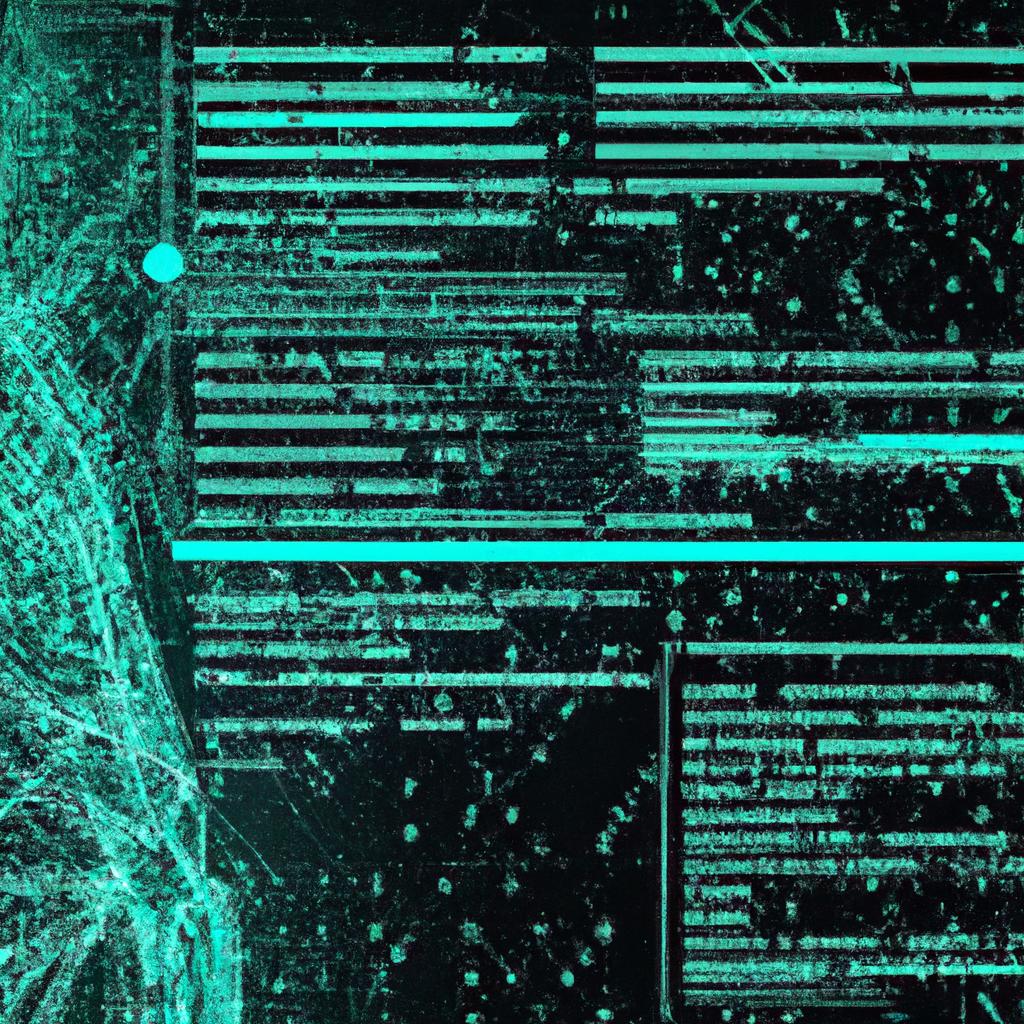In our rapidly advancing digital age, the importance of cybersecurity cannot be overstated. As we become increasingly reliant on technology for almost every aspect of our lives, it’s crucial to have a solid grasp of the essential concepts of cybersecurity. From protecting your personal information to safeguarding sensitive data at work, understanding the basics of cybersecurity is key to navigating the complex and ever-evolving digital landscape. Join us as we delve into the world of cybersecurity, breaking down essential concepts for beginners to help you stay safe and secure in an online world.
Table of Contents
- Cybersecurity Fundamentals: Building a Strong Foundation
- Key Threats in the Cyber Landscape: Recognizing Potential Risks
- Best Practices for Cyber Hygiene: Protecting Your Digital Assets
- Emerging Technologies in Cybersecurity: Leveraging Innovation for Defense
- Q&A
- In Retrospect
Cybersecurity Fundamentals: Building a Strong Foundation
When delving into the world of cybersecurity, it’s crucial to establish a strong foundation by understanding the essential concepts that underpin this ever-evolving field. One key concept to grasp is the importance of confidentiality, integrity, and availability in safeguarding data and systems from cyber threats. These three principles form the cornerstone of cybersecurity practices, ensuring that information remains secure, unaltered, and accessible when needed.
Another fundamental concept for beginners to familiarize themselves with is the cyber kill chain model, which outlines the stages of a cyber attack from initial reconnaissance to exfiltration of data. By understanding this model, individuals can better comprehend the tactics used by hackers and design more effective defense strategies. Additionally, gaining knowledge of encryption techniques, network security protocols, and vulnerability assessments will further enhance one’s understanding of cybersecurity fundamentals, laying a solid groundwork for future learning and development in the field.
Key Threats in the Cyber Landscape: Recognizing Potential Risks
When it comes to cybersecurity, it is crucial for beginners to understand the key threats in the cyber landscape in order to recognize potential risks. By familiarizing yourself with these threats, you can better protect yourself and your data from malicious attacks. One of the most common threats in the cyber landscape is malware, which includes viruses, trojans, worms, and ransomware. Malware can infiltrate your system through email attachments, infected websites, or downloads, compromising your sensitive information and causing harm to your device.
Another significant threat to cybersecurity is phishing attacks, where cybercriminals impersonate legitimate entities to trick individuals into providing their personal information. Phishing emails often contain links to malicious websites or attachments that can infect your device with malware. It is essential to be cautious of unsolicited emails and avoid clicking on suspicious links or providing sensitive information to unknown sources. By being aware of these key threats in the cyber landscape, beginners can take proactive steps to safeguard their digital assets and maintain a secure online presence.
Best Practices for Cyber Hygiene: Protecting Your Digital Assets
When it comes to cybersecurity, there are a few key concepts that beginners need to understand in order to protect their digital assets. One essential concept is the importance of strong passwords. **Creating unique and complex passwords** for each of your accounts can help prevent hackers from gaining access to your sensitive information.
Another important practice for cyber hygiene is **keeping your software and devices up to date**. Regularly updating your operating system, antivirus software, and other applications can help patch vulnerabilities that could be exploited by cybercriminals. Additionally, **enabling two-factor authentication** adds an extra layer of security to your accounts, making it more difficult for unauthorized individuals to access your data. By implementing these best practices, you can significantly reduce the risk of falling victim to cyber attacks.
Emerging Technologies in Cybersecurity: Leveraging Innovation for Defense
As technology continues to advance, so do the methods used by cyber attackers to breach systems and steal sensitive information. It is essential for individuals and organizations to understand the basics of cybersecurity in order to protect themselves from potential threats. One of the key concepts to grasp is the importance of leveraging emerging technologies for defense. By staying up-to-date with the latest innovations in cybersecurity, individuals and organizations can strengthen their defenses and mitigate the risks posed by cyber attacks.
Some of the emerging technologies in cybersecurity that are proving to be highly effective in defense include:
- Artificial Intelligence (AI) and Machine Learning: AI and machine learning algorithms can help analyze vast amounts of data to detect and respond to threats in real-time.
- Blockchain Technology: Known for its secure and decentralized nature, blockchain technology can be used to secure transactions and data exchanges.
- Zero Trust Security Model: This model advocates for a strict identity verification process for all users and devices attempting to access a network.
Q&A
Q: What is cybersecurity and why is it important?
A: Cybersecurity refers to the practice of protecting systems, networks, and data from digital attacks. It is important because our personal information, financial data, and critical infrastructure are all vulnerable to cyber threats.
Q: What are some common cyber threats that individuals should be aware of?
A: Common cyber threats include malware, phishing scams, ransomware, and data breaches. It is important for individuals to stay informed about these threats in order to protect themselves online.
Q: How can beginners improve their cybersecurity awareness and practices?
A: Beginners can improve their cybersecurity awareness by staying informed about the latest threats, using strong passwords, enabling two-factor authentication, and being cautious about clicking on suspicious links or emails.
Q: What are some key concepts to understand in order to enhance cybersecurity practices?
A: Key concepts to understand include encryption, firewalls, antivirus software, and the importance of regularly updating software and systems. These concepts play a crucial role in keeping data and systems secure from cyber attacks.
Q: How can businesses benefit from implementing strong cybersecurity measures?
A: Businesses can benefit from implementing strong cybersecurity measures by protecting their sensitive data, maintaining customer trust, avoiding costly data breaches, and ensuring business continuity in the face of cyber threats. Investing in cybersecurity can ultimately save businesses time and money in the long run.
In Retrospect
In conclusion, cybersecurity may seem like a complex and daunting subject for beginners, but with a solid understanding of the essential concepts outlined in this article, you are well on your way to protecting yourself and your digital assets in an increasingly connected world. Remember, vigilance, education, and a proactive approach are key to staying one step ahead of cyber threats. So, keep learning, stay informed, and always prioritize your online security. Stay safe out there!





